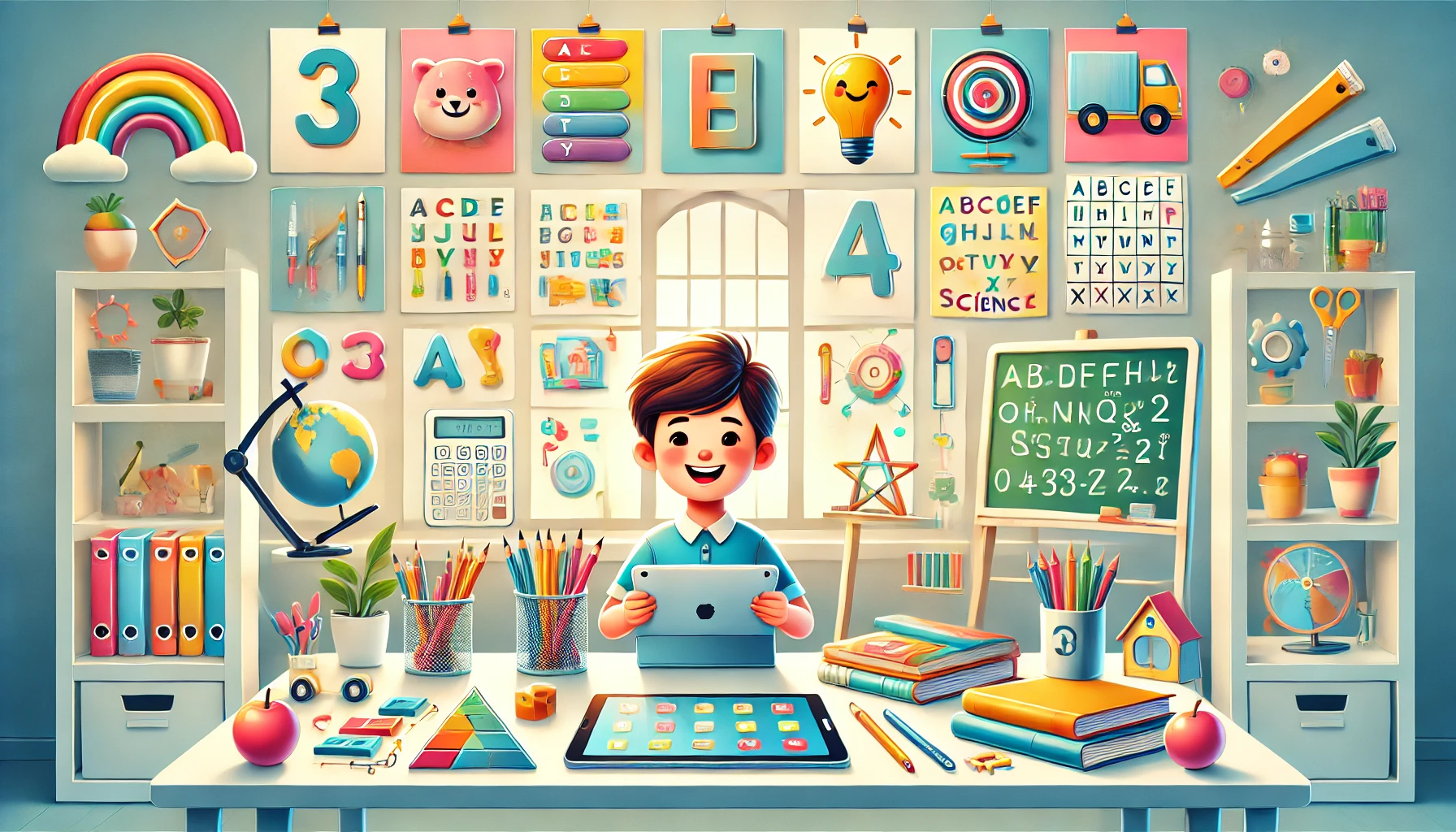
The Best Educational Tools for Your Child’s Success
Why Educational Tools Matter
Let’s face it, parenting is no walk in the park. You’re juggling work-life balance, raising confident kids, and keeping up with your career. It’s tough! That’s where educational tools come in. They’re like the superheroes of modern parenting—helping you nurture creativity, manage screen time, and create a positive learning environment at home.
H3: Practical Parenting Advice for Modern Families
1. How to Maintain Work-Life Balance as a Parent
We all know the struggle: meetings during the day, homework at night, and the ever-present guilt of not doing enough. Sound familiar? The trick is to set clear boundaries. Establish family time as a non-negotiable, just like work meetings. Apps like Cozi or Google Calendar can help keep everyone on the same page.
2. Effective Communication with Teenagers
Talking to teenagers can sometimes feel like trying to decode a secret language. The key? Active listening. Encourage them to express their thoughts and emotions without judgment. Trust me, it works wonders!
Top Child Development Tips for Every Stage
3. How to Encourage Creativity in Children
Kids are naturally curious, so why not nurture that creativity? Simple activities like arts and crafts, storytelling, or even a DIY science experiment can work wonders. Affordable kits from local stores or online retailers make it easy to get started without breaking the bank.
4. Affordable Ways to Create Fun Learning Activities
You don’t need a big budget to make learning fun. Think scavenger hunts, DIY puzzles, or cooking together to teach measurements and fractions. It’s all about thinking outside the box.
The Role of Educational Toys
5. Choosing the Right Educational Toys
Not all toys are created equal. Opt for ones that combine fun with learning. Building blocks, STEM kits, and interactive puzzles are great options. They promote problem-solving and critical thinking skills while keeping kids entertained.
Technology and Education
6. Best Apps for Helping Kids with Homework
Homework can be a daunting task—for both kids and parents. Apps like Khan Academy Kids, Photomath, and Duolingo are lifesavers. They break down complex topics into easy-to-digest lessons, making learning more accessible.
7. Top Tips for Managing Screen Time
Screen time doesn’t have to be the enemy. Set clear rules, like no screens during meals or bedtime. Parental control apps like Qustodio can help you monitor usage while encouraging healthier habits.
Healthy Parenting Practices
8. Building a Positive Learning Environment at Home
Creating a space where your child feels safe and motivated to learn is essential. This doesn’t mean you need a fancy study room. A quiet corner with good lighting and minimal distractions can do the trick.
9. Practical Advice for Raising Confident Children
Confidence starts at home. Praise your child’s efforts, not just their achievements. Encourage them to take on challenges, and don’t forget to lead by example!
Overcoming Common Parenting Challenges
10. Top Parenting Challenges and How to Overcome Them
From tantrums to teenage rebellion, parenting is full of hurdles. The secret? Patience, consistency, and a dash of humor. Remember, it’s okay to seek help—whether that’s a parenting group or a family therapist.
Wrapping It Up
Parenting is a journey filled with highs, lows, and everything in between. By leveraging educational tools and adopting healthy practices, you can set your child up for success while maintaining your sanity. Remember, it’s not about being perfect; it’s about being present.
FAQs
1. What are the best educational toys for toddlers?
Building blocks, shape sorters, and musical instruments are excellent choices for toddlers. They help develop motor skills and spark creativity.
2. How can I encourage my child to love learning?
Make learning fun! Use games, storytelling, and real-world examples to pique their interest. Praise their curiosity and celebrate small victories.
3. What’s the best way to manage screen time for kids?
Set clear boundaries and stick to them. Use parental control apps to monitor usage, and encourage offline activities like sports or reading.
4. How can I improve communication with my teenager?
Be an active listener. Show empathy, avoid judgment, and create a safe space for open dialogue. Sometimes, just being there is enough.
5. Are educational apps effective for learning?
Absolutely! Many apps provide engaging, interactive lessons that make complex topics easier to understand. Just ensure they’re age-appropriate and supplement traditional learning methods.